A husky should eat around 2-3 cups of food per day, split into two meals for their size and energy levels.
| Daily food requirement for adult husky | 1.5 to 2 cups |
| Puppy food requirement | Up to 3 cups |
| Meals per day for adults | 2 meals |
| Meals per day for puppies | 3-4 meals |
| Changes with activity level | More active huskies might need more food |
| Adjustment for senior dogs | Less food as metabolism slows |
| Food type considerations | Quality of food can affect quantity required |
| Importance of measuring | Prevents overfeeding and obesity |
Huskies vary in size and have different activity levels, which directly impact their food intake requirements. Larger huskies tend to require more food to support their energy needs, while smaller huskies may need a slightly lesser amount.
Similarly, highly active huskies, such as those involved in agility training or regular running, typically need increased food intake to fuel their active lifestyles adequately.
How many cups of food should a husky eat
On the other hand, huskies with a lower activity level, such as those who spend most of their time indoors, may not require as much food to maintain a healthy weight. It’s important to consider both size and activity level when determining the appropriate amount of food for a husky, as providing too much or too little can impact their overall health and well-being.
Discover more about the unique characteristics and spirited temperament that shape the behavioral needs and energy expenditure of these incredible dogs. Dive into our detailed exploration of the Alaskan Husky's personality and learn how their joyful nature complements their physical demands.
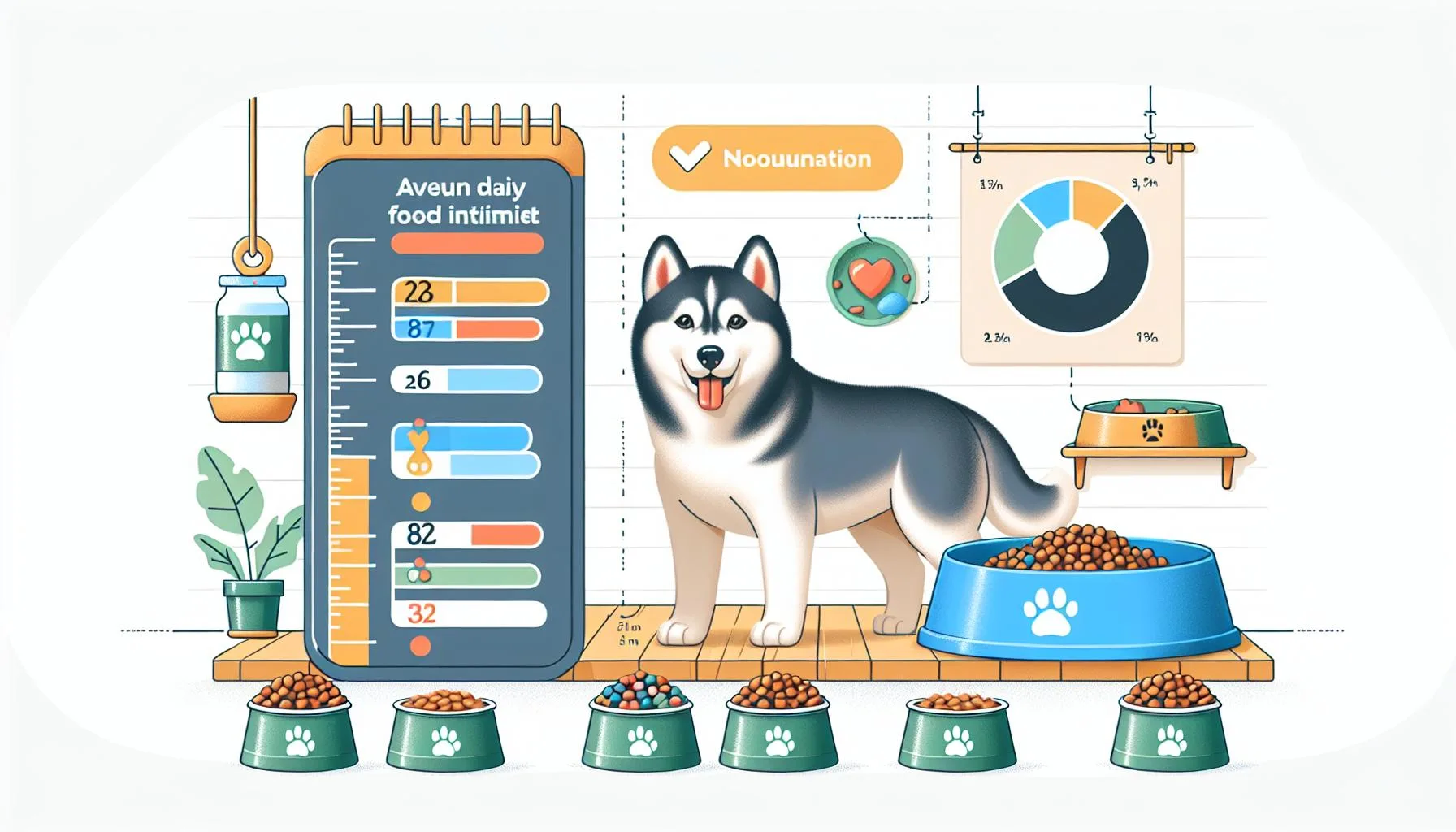
The Role of Metabolism in Huskies
Huskies are known for their high metabolism, which plays a crucial role in determining their food intake. Their metabolism works at a rapid pace, efficiently breaking down nutrients and converting them into energy.
This results in huskies requiring a larger amount of food compared to dogs with lower metabolism. The high metabolic rate also means that huskies may need more frequent meals to sustain their energy levels throughout the day.
Understanding their metabolism is key in ensuring huskies receive the right quantity of food to support their active lifestyle and overall well-being.
How many cups of food should a husky eat
Huskies’ high metabolism sets them apart from other breeds and necessitates a diet that accommodates their unique energy requirements.
To ensure your Husky's dietary needs are fully met, it's essential to understand the nuances of their nutrition. Delve deeper into crafting the ideal diet for these energetic dogs by exploring our informative article on the appropriate nutritional choices for Huskies, including the use of eggs.

Age Considerations in Husky Feeding
Huskies go through significant changes in their nutritional needs as they age, progressing from puppyhood to their senior years. How many cups of food should a husky eat varies based on these age milestones.
As puppies, huskies have high energy and growth requirements, needing around 1 to 1.5 cups of food 3 times a day, gradually transitioning to adult feeding schedules as they mature. Adult huskies typically require 2 to 3 cups of high-quality food per day, but this can fluctuate based on their activity level and metabolism.
As huskies reach their senior years, their metabolic rate decreases, and they may become less active, necessitating a reduction in caloric intake to prevent weight gain. It’s crucial for husky owners to monitor their dog’s weight and adjust their food intake accordingly to ensure they are meeting their specific age-related dietary needs.
As puppies, huskies have high energy and growth requirements, needing around 1 to 1.5 cups of food 3 times a day, gradually transitioning to adult feeding schedules as they mature.
Adult huskies typically require 2 to 3 cups of high-quality food per day, but this can fluctuate based on their activity level and metabolism.
As huskies reach their senior years, their metabolic rate decreases, and they may become less active, necessitating a reduction in caloric intake to prevent weight gain.
How many cups of food should a husky eat
It’s crucial for husky owners to monitor their dog’s weight and adjust their food intake accordingly to ensure they are meeting their specific age-related dietary needs.
Understanding your Husky's dietary needs is just the beginning of unlocking their full potential and maintaining their health and happiness. Learn more about what these incredible dogs are capable of in our detailed exploration on their endurance, discovering the distance a Husky can run.

Typical Husky Feeding Amounts
When it comes to determining the typical feeding amounts for a husky, it’s essential to consider their size, activity level, and metabolism. Generally, a healthy adult husky should consume around 2-3 cups of high-quality dog food per day, divided into two meals.
This range may vary based on individual factors such as age, weight, and energy expenditure. It’s crucial to monitor the husky’s body condition and adjust the portion size accordingly to maintain an ideal weight and overall well-being.
Now that you're versed in your husky's dietary needs, why not ensure they're just as pampered during bath time? Master the art of grooming with our comprehensive guide on bathing your husky puppy like an expert.
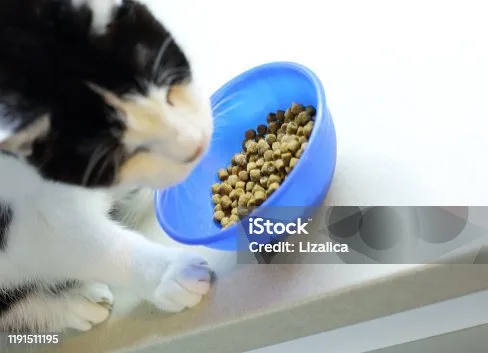
Importance of the Right Husky Diet
Feeding huskies a balanced diet tailored to their breed-specific needs is crucial for their overall health and well-being. Huskies are known for their high energy levels, and their diet plays a significant role in supporting their active lifestyle.
The right diet not only provides the necessary energy for their daily activities but also ensures proper growth, development, and maintenance of their muscular and skeletal systems. A well-balanced diet also helps in managing their weight, which can be challenging due to their tendency to be quite active.
Additionally, huskies have specific nutritional requirements that must be met to maintain their beautiful coat and skin health. Providing the right nutrients through a balanced diet can also help in preventing common health issues that huskies may be prone to, such as joint problems and allergies.
Therefore, paying close attention to the composition of their diet and ensuring it meets their specific needs is essential for promoting their overall health and quality of life.
Feeding huskies a balanced diet is crucial for their overall health and well-being. A well-balanced diet supports their active lifestyle, ensures proper growth and development, and maintains their muscular and skeletal systems.
Additionally, it helps in managing their weight and contributes to the health of their coat and skin. Specific nutritional requirements must be met to prevent common health issues, such as joint problems and allergies.
Therefore, it is essential to pay close attention to the composition of their diet and ensure it meets their specific needs.
Ensuring your husky thrives on a diet that meets their unique nutritional requirements is just the beginning of understanding their overall well-being. Discover additional insights on managing common behavioral issues such as whining by exploring our comprehensive guide, "Effective Husky Positive Training Techniques."
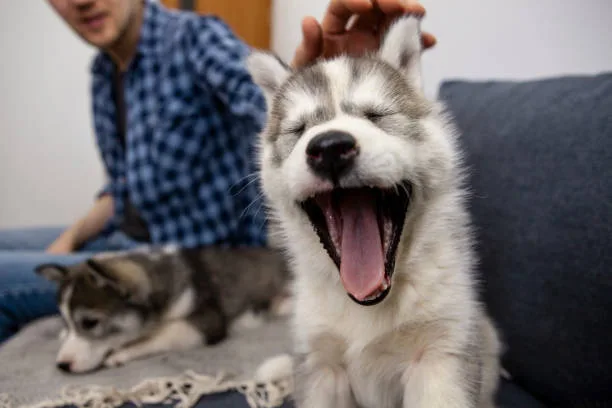
Splitting Meals for Optimal Husky Health
Dividing a husky’s food intake into two meals a day offers numerous benefits for their overall well-being. It supports better digestion and ensures more evenly distributed energy levels throughout the day.
By splitting their meals, huskies are less likely to experience bloating or discomfort from consuming a large amount of food in a single sitting. Additionally, this approach helps in maintaining steady blood sugar levels, preventing energy crashes, and keeping the dog’s metabolism active throughout the day.
It also allows for better absorption of nutrients as the digestive system can process the food more effectively in smaller portions. Overall, dividing a husky’s meals optimizes their health by promoting balanced energy levels and reducing digestive issues.
American Kennel Club: How many cups of food should a husky eat
These smaller, more frequent meals also contribute to a sense of satisfaction for the husky, preventing excessive hunger or overeating, which can lead to obesity. It is imperative to ensure that the portions are appropriately sized to meet the dog’s daily caloric needs while considering their activity level and individual metabolism.
To explore the intricacies of Husky behavior beyond their dietary habits, delve into the methods of fostering harmony between your Husky and feline friends. Discover the steps to a peaceful coexistence by reading our guide on training your Husky to get along with cats.
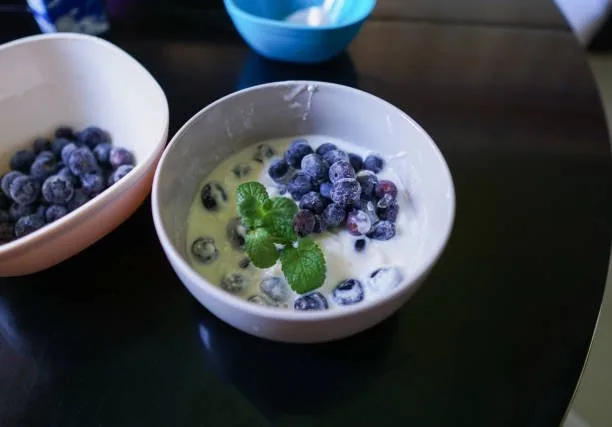
Adjusting Food Quantities for Individual Needs
Huskies, like all dogs, have individual needs when it comes to their diet. How many cups of food should a husky eat is dependent on various factors such as their age, size, activity level, and metabolic rate.
To ensure that your husky maintains a healthy weight and receives the necessary nutrients, it’s important to adjust their food quantities accordingly. For example, a more active husky may require a higher amount of food to support their energy levels, while a senior dog with lower activity levels may need a smaller portion to prevent weight gain.
Additionally, considering any health conditions or dietary restrictions is crucial in tailoring the feeding amounts to meet your husky’s specific needs. By customizing the food quantities based on your husky’s individual requirements, you can support their overall health and well-being.
Reddit How many cups of food should a husky eat
Customizing feeding amounts is essential for each husky’s unique needs and lifestyle. Factors such as age, size, activity level, and metabolic rate should be considered when determining the appropriate food quantities.
- A more active husky may require a higher amount of food to support their energy levels, while a senior dog with lower activity levels may need a smaller portion to prevent weight gain.
- Considering any health conditions or dietary restrictions is crucial in tailoring the feeding amounts to meet your husky’s specific needs.
.
Understanding your husky’s growth patterns is crucial for optimizing their diet through every stage of life. Uncover in-depth insights about their development at "Husky Growth Milestones and Maturity Timeline" and ensure your feeding strategy evolves as they do.
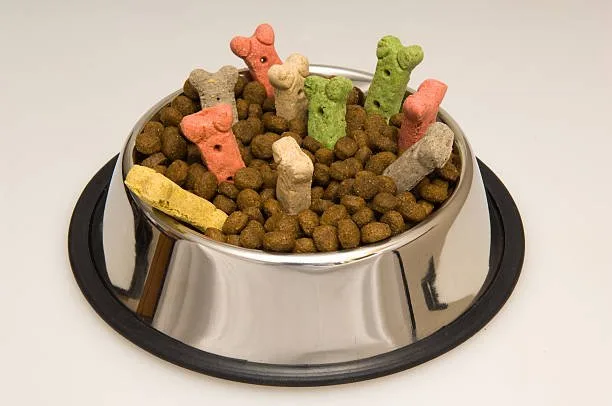
Measuring Cups of Food Accurately
Ensuring accurate measurement of food portions is crucial to maintaining a consistent and balanced diet for your husky. When it comes to determining how many cups of food a husky should eat, it’s essential to use a standard measuring cup specifically designed for pet food.
This helps in accurately portioning out the appropriate amount of food according to your husky’s dietary needs.
On Quora about: How many cups of food should a husky eat
It’s important to avoid using regular kitchen cups or estimating the quantity of food based on visual assessment, as this can lead to overfeeding or underfeeding. Using a dedicated pet food measuring cup ensures precision in the amount of food provided, which is vital for maintaining your husky’s ideal weight and overall health.
Maintaining consistency in your husky's diet is crucial, but choosing the right companion is also essential. Discover the differences and find which breed suits your lifestyle best by exploring our comparison of the Mini Husky and Alaskan Klee Kai: Unveil Your Ideal Furry Friend.

Monitoring Your Husky's Weight and Health
Regularly monitoring your husky’s weight and overall health is crucial for adjusting their feeding as necessary. Maintaining a healthy weight is essential for your husky’s well-being, as excess weight can lead to various health issues.
A healthy weight also ensures that your husky’s energy levels and physical endurance are optimized. By keeping an eye on your husky’s weight and health, you can make informed decisions about their diet and feeding habits, ensuring that they receive the appropriate amount of food to support their activity level and metabolism.
This proactive approach also allows you to detect any potential health concerns early on, allowing for prompt intervention and appropriate adjustments to their diet or feeding routine. Additionally, regular monitoring enables you to observe any changes in your husky’s appetite, which can indicate underlying health issues that may require attention.
Ultimately, staying attuned to your husky’s weight and health empowers you to provide them with the best possible care and nutrition tailored to their individual needs.
Overall, consistent monitoring of your husky’s weight and health is essential in making informed decisions about their diet and feeding habits, ensuring they receive the right amount of food for their activity level and metabolism.
It also enables early detection of potential health concerns and allows for prompt intervention and appropriate adjustments in their diet or feeding routine.
To delve deeper into maintaining the well-being of your Siberian Husky and ensuring they meet breed-specific standards, explore our comprehensive guide. Foster the epitome of health in your loyal companion by referencing the AKC Guidelines for Siberian Huskies.
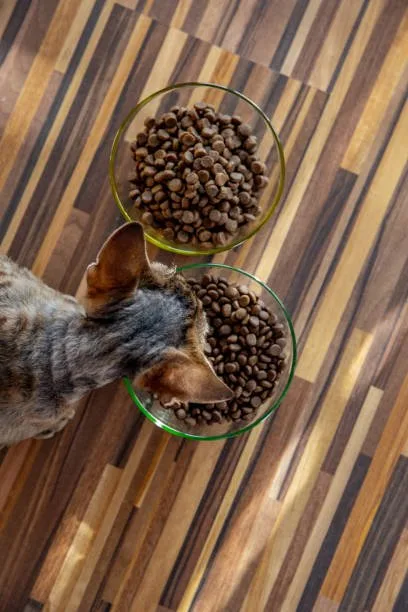
The Role of Exercise in Feeding Huskies
Huskies are an incredibly active breed, known for their boundless energy and endurance. Their robust exercise regimen should be a crucial factor when establishing their feeding portions.
The quantity of food a husky consumes should be directly tied to the intensity and duration of their physical activities. Huskies engaged in frequent, vigorous exercise will naturally require higher caloric intake to sustain their energy levels and promote overall well-being.
Conversely, for huskies with more sedentary lifestyles, a reduction in food portions may be necessary to prevent overfeeding. Monitoring their exercise routine and adjusting food quantities accordingly ensures that they receive the appropriate nourishment to support their active lifestyle.
A balanced approach to feeding, taking into account their exercise habits, is essential for maintaining a healthy and thriving husky companion.
When it comes to feeding huskies, their exercise routine plays a pivotal role in determining the appropriate food portions. The amount of food a husky consumes should be proportional to the intensity and duration of their physical activities.
Huskies engaged in frequent, vigorous exercise require higher caloric intake to sustain their energy levels and overall well-being.
As you tailor your husky's diet to their exercise regimen, introducing new activities can influence their nutritional needs. Discover alternative exercises and how to safely get your husky started with swimming by reading our comprehensive guide on introducing your husky to water.
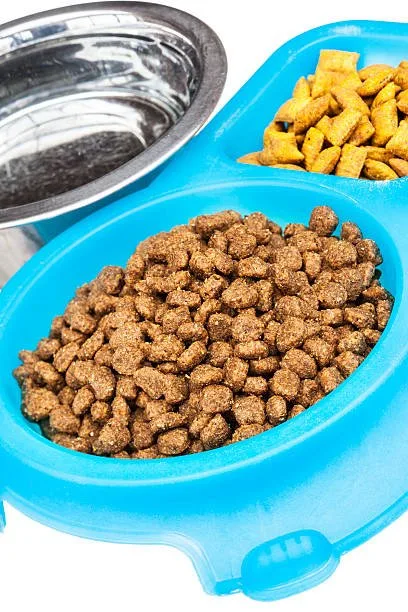
Choosing Quality Food for Your Husky
Choosing high-quality food for your husky is crucial for their overall health and well-being. High-quality dog food contains essential nutrients and is free from fillers and artificial additives, which directly impact your husky’s health and required food quantity.
High-quality food supports your husky’s immune system, helps maintain a healthy weight, and promotes better digestion. This means that your husky will need to consume the appropriate amount of food to meet their nutritional needs, without the excess fillers that are often found in lower-quality dog food.
High-quality food typically provides better energy levels and helps your husky maintain healthy skin, coat, and overall vitality, which contributes to the necessary food quantity for their specific needs. In summary, choosing high-quality food for your husky directly affects their overall health and can positively impact the required food quantity by providing essential nutrients without unnecessary fillers.
How many cups of food should a husky eat.
When you choose high-quality food for your husky, you are ensuring that they receive essential nutrients, free from fillers and artificial additives, which directly impacts their overall health and required food quantity.
- High-quality food supports your husky’s immune system and helps maintain a healthy weight, which influences the needed food quantity.
- It promotes better digestion, allowing your husky to efficiently absorb the necessary nutrients from their food, reducing the quantity needed for optimal health.
- High-quality food typically provides better energy levels and promotes better skin, coat, and overall vitality, affecting the necessary food quantity for their specific needs.
.
In addition to nutrition, ensuring your husky's comfort during walks and activities is essential for their wellbeing. Discover the optimal harness for your furry companion's adventures in our comprehensive guide, "Enhance Your Husky's Comfort with the Top Dog Harness."
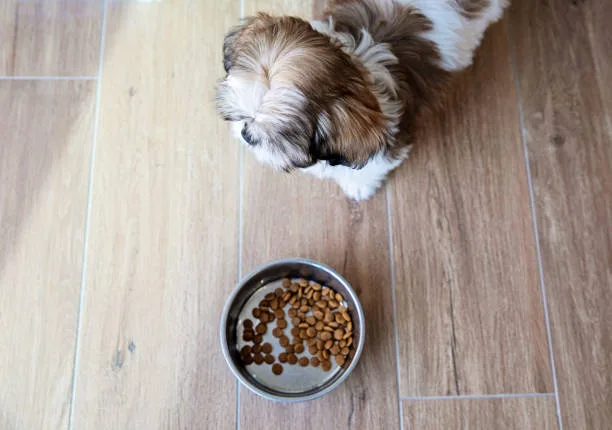
Common Feeding Mistakes Husky Owners Make
Feeding mistakes can inadvertently impact a husky’s health and well-being. Overfeeding is a common error among husky owners, resulting in weight gain and potential health issues.
Sometimes, husky owners may underestimate the food requirements of their active and energetic companions, leading to inadequate nourishment. It’s essential to be mindful of these mistakes and to ensure the husky’s diet aligns with their specific needs for optimal health. Furthermore, inconsistent meal schedules can disrupt a husky’s feeding routine, affecting their digestion and overall well-being.
In some cases, husky owners may fail to monitor the quality and quantity of food, which can lead to unbalanced nutrition. By being aware of these common feeding mistakes, husky owners can take corrective measures to prevent such errors and provide their pets with a well-regulated and nourishing diet..
To ensure your husky remains healthy and happy, steering clear of these common feeding mistakes is crucial. Now that you’ve equipped yourself with valuable dog care knowledge, why not expand your understanding of another lovable breed? Explore the delightful world of Lemon Beagles and unearth the joys of their companionship with our comprehensive guide, Unveiling the Lemon Beagle: Your New Canine Companion.
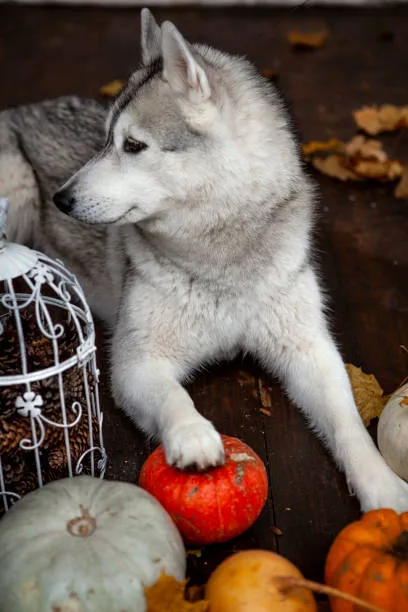
Consulting with a Vet for a Feeding Plan
Consulting with a vet for a feeding plan is essential to ensure that your husky’s dietary needs are met. A veterinarian can provide personalized recommendations based on your husky’s age, weight, activity level, and any specific health considerations.
Vets are trained to assess the individual nutritional requirements of dogs and can offer expert guidance on portion control, meal frequency, and the selection of high-quality, balanced food. Additionally, vets can address any concerns regarding food allergies, dietary restrictions, or the need for nutritional supplements.
By consulting with a vet, husky owners can establish a feeding plan that optimally supports their pet’s overall health and well-being.
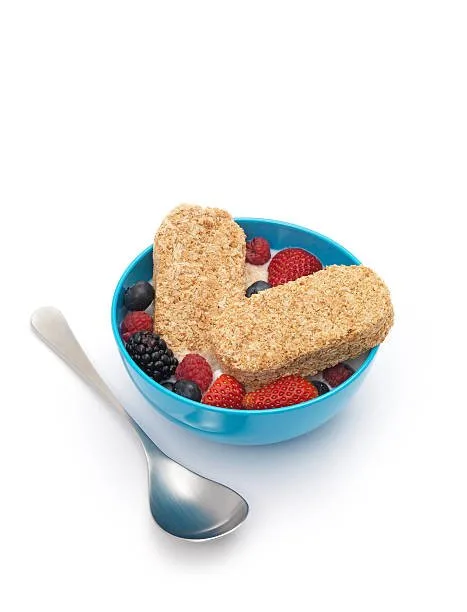
Appropriate Caloric Intake for Huskies
Huskies have high energy levels and therefore require an appropriate caloric intake to support their active lifestyles. The amount of food a husky should eat depends on factors such as their weight, age, and daily activity level.
How many cups of food should a husky eat can be determined by considering their caloric needs, which vary from one dog to another.
To assess the caloric intake, it is essential to consider the dog’s weight. Larger huskies generally require more calories to sustain their energy levels, while smaller huskies may need slightly fewer calories.
Additionally, a husky’s age is an important factor in determining their caloric needs. Puppies and younger dogs typically have higher calorie requirements due to their growth and development, whereas senior huskies may need fewer calories to maintain a healthy weight and energy level.
Furthermore, activity level plays a crucial role in determining a husky’s caloric intake.
Highly active huskies, such as those involved in regular vigorous exercise or working activities, may require more calories to fuel their active lifestyle. On the other hand, less active or sedentary huskies may need a controlled portion to prevent overeating and weight gain.
It’s important for husky owners to understand and monitor their dog’s caloric needs to ensure they maintain an ideal body condition and overall health.
By adjusting the food portions based on the specific caloric requirements of their husky, owners can support their pet’s high-energy lifestyle and promote optimal health and vitality.
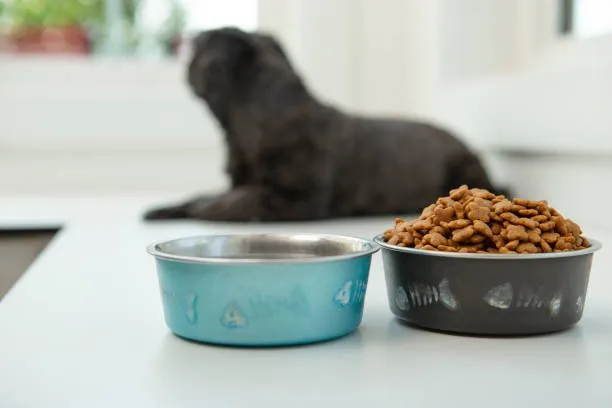
Meal Frequency and Portion Control in Huskies
Meal frequency and portion control play crucial roles in maintaining the overall health and well-being of huskies. Huskies are known for their high energy levels and active nature, making it essential to provide them with the right amount of food at the right times.
Scheduled feeding times help regulate their eating patterns, preventing overeating and promoting healthy digestion. Additionally, controlled portions ensure that huskies receive adequate nutrition without consuming excess calories.
By establishing set meal times, husky owners can prevent fluctuations in their pet’s energy levels and minimize the risk of obesity, which can lead to various health issues.
Moreover, portion control supports the energetic needs of huskies, ensuring they have the necessary fuel for their daily activities without consuming more than necessary.
- Establishing a consistent feeding schedule promotes regularity and prevents erratic eating behaviors in huskies.
- Controlled portions aid in preventing overeating and help maintain a healthy weight for huskies, supporting their active lifestyle.
- Monitoring meal frequency and portion sizes is essential for preventing digestive issues and ensuring optimal nutrition for huskies.
.
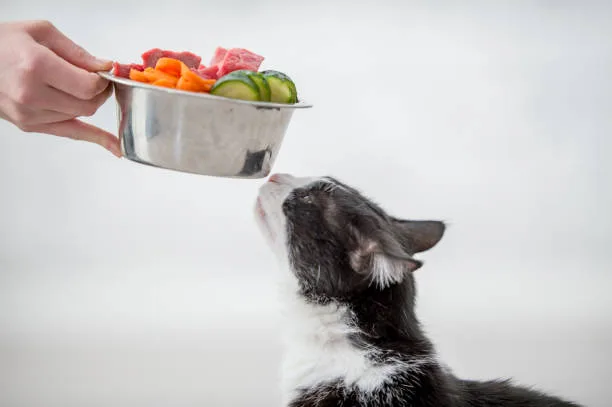
Husky Dietary Restrictions and Food Allergies
Huskies, like many other breeds, can have dietary restrictions and food allergies that owners need to be mindful of. Common allergens for huskies include certain grains, such as wheat and corn, as well as some proteins like beef, chicken, and dairy products.
These allergens can lead to symptoms like itching, digestive upset, and skin issues. If you notice any of these signs in your husky, it’s essential to consult with a veterinarian to confirm the allergy and identify the specific triggers.
Once the allergens are identified, it’s crucial to adjust your husky’s diet to eliminate those ingredients. This may involve transitioning to a specialized hypoallergenic dog food or selecting commercial diets that are free from the identified allergens.
Remember to carefully check the ingredient labels when choosing dog food and treats. Additionally, your veterinarian may recommend supplements to ensure that your husky’s nutritional needs are still being met despite the dietary restrictions.
By taking these steps, you can help ensure that your husky is receiving a safe and well-tolerated diet that supports their overall health and well-being.
It’s crucial to consult with a veterinarian if you suspect your husky has dietary restrictions or food allergies to confirm the allergens and identify specific triggers.
- Common allergens for huskies include certain grains such as wheat and corn, as well as some proteins like beef, chicken, and dairy products.
- If allergies are confirmed, adjustments to your husky’s diet may involve transitioning to a specialized hypoallergenic dog food or selecting commercial diets free from the identified allergens.
- Always carefully check ingredient labels when choosing dog food and treats to avoid allergens.
- Your veterinarian may recommend supplements to ensure your husky’s nutritional needs are still being met despite the dietary restrictions.
.
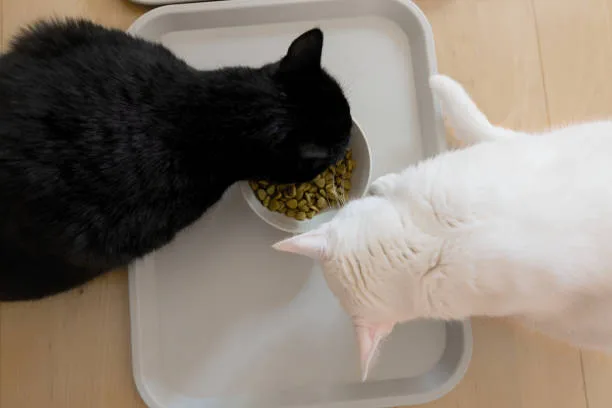
The Impact of Exercise on Husky Diet and Nutrition
Exercise plays a crucial role in determining the dietary needs of huskies. The high energy levels and active nature of these dogs necessitate a careful balance between physical activity and nutrition.
How many cups of food should a husky eat is directly influenced by the amount of exercise they get. Adequate exercise helps in managing the weight and muscle health of huskies, impacting their overall well-being.
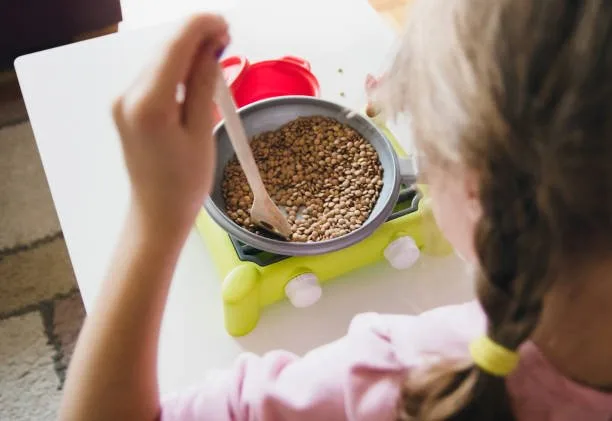
Nutritional Supplements and Hydration for Husky Health
Nutritional supplements can play a crucial role in supporting a husky’s overall health and well-being. Huskies have specific nutritional requirements, and supplements can provide additional support to ensure they receive all the essential nutrients.
How many cups of food should a husky eat often depends on their individual needs, and supplements can help fill in any nutritional gaps. For example, omega-3 fatty acids can contribute to a healthy coat and skin, while glucosamine and chondroitin can aid in joint health, particularly beneficial for active huskies.
Additionally, adequate hydration is vital for a husky’s health, especially considering their high activity levels.
Water is essential for maintaining proper body temperature, aiding digestion, and transporting nutrients throughout the body. It’s essential to monitor a husky’s water intake, particularly in warmer weather or after vigorous exercise.
How many cups of food should a husky eat ties into hydration as well, as dry kibble may require them to drink more water, while wet food provides some hydration on its own.
When incorporating supplements or adjusting hydration, it’s important to consider a husky’s overall diet, especially if homemade meals are part of their food plan. Variations in nutritional content between commercial dog food and homemade meals may require adjustments to supplement intake and hydration levels to ensure the husky’s needs are met.
Careful consideration and consultation with a veterinarian can provide valuable guidance in determining the appropriate supplements and hydration strategies for a husky’s individual health requirements.

Conclusion: Balancing Quantity and Quality in Husky Feeding
Feeding a husky involves a delicate balance of both quantity and quality to ensure their optimal health and well-being. It’s essential to consider the specific caloric needs of huskies based on their high-energy lifestyles, adjusting intake based on factors such as weight, age, and activity level.
Ensuring a balanced diet that meets their nutritional requirements is crucial, as it directly impacts their overall health and energy levels. Furthermore, portion control plays a significant role in preventing overeating and maintaining a healthy weight for huskies.
By carefully monitoring their food intake and choosing high-quality, nutrient-dense foods, husky owners can support their pet’s energetic needs while safeguarding their long-term health.
In conclusion, achieving the right balance of both quantity and quality in a husky’s diet is paramount. It’s important to carefully consider their specific caloric needs and adjust their food intake based on factors such as weight, age, and activity level.
Additionally, implementing portion control and choosing nutrient-dense, high-quality food are vital in supporting their energetic requirements and overall well-being. By striking this equilibrium, husky owners can ensure their beloved pets enjoy a healthy and vibrant life.

Leave a Reply